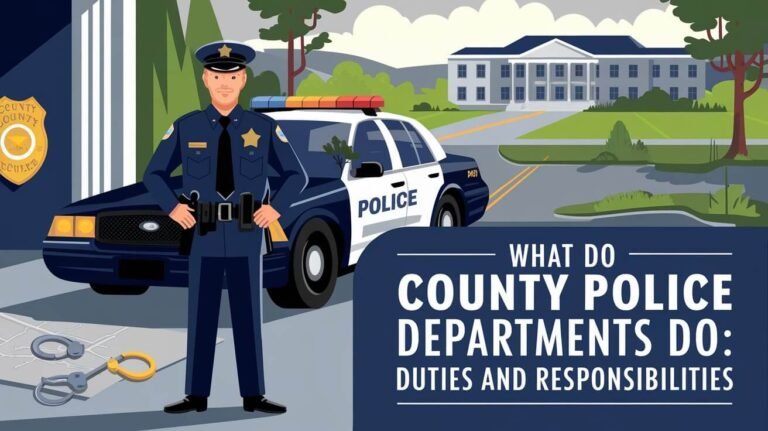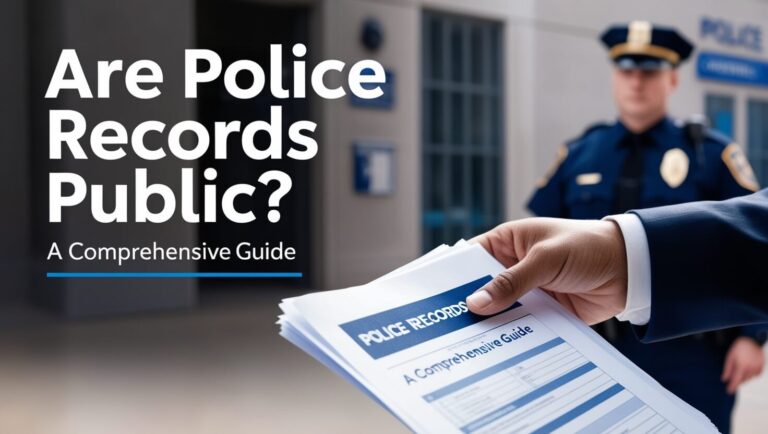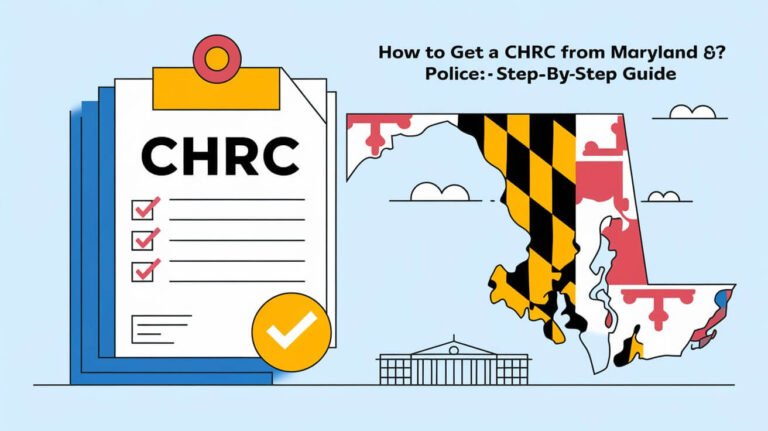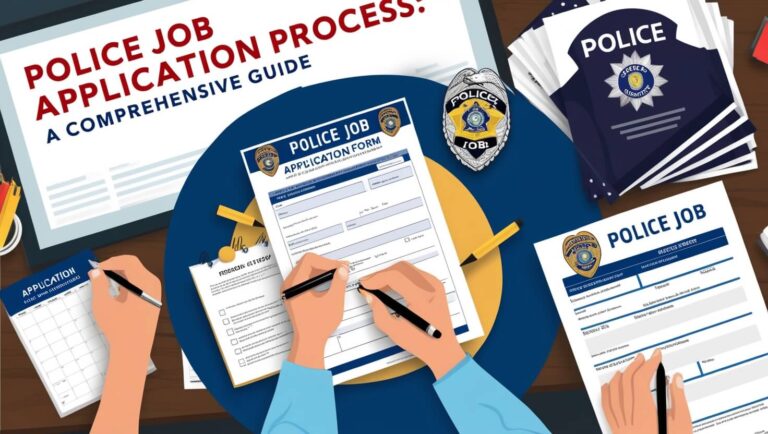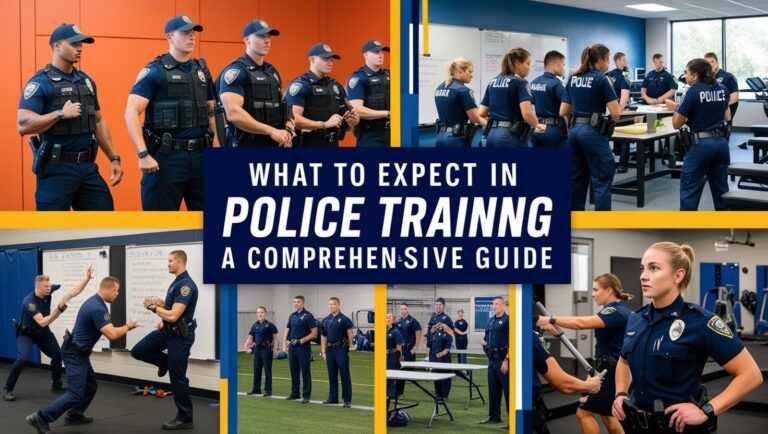How Long Does It Take Police to Get a Warrant? A Comprehensive Guide
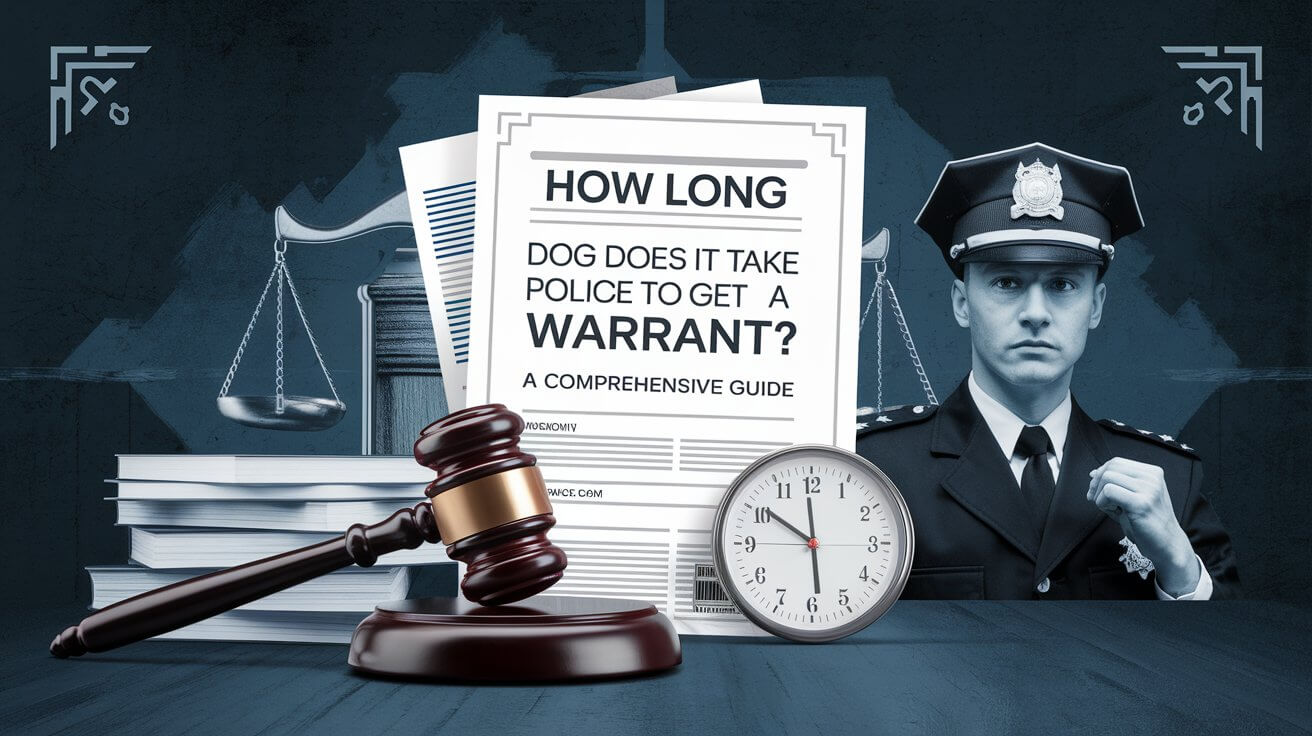
Getting a police warrant isn’t an instant process. The time it takes for police to obtain a warrant can range from a few hours to several days or even weeks, depending on various factors. This article dives into the ins and outs of the warrant process, exploring why timing matters and what affects it.
The Basics of Police Warrants
What is a police warrant?
A police warrant is a legal document that gives law enforcement the authority to take specific actions. It’s like a permission slip from a judge, allowing police to arrest someone or search a particular place.
Types of warrants: arrest warrants vs. search warrants
There are two main types of warrants:
- Arrest warrants: These allow police to take a person into custody.
- Search warrants: These give police the right to search a specific location for evidence.
Each type follows slightly different rules, but both need a judge’s approval.
The Process of Obtaining a Police Warrant
Step 1: Establishing probable cause
Before even thinking about a warrant, police need a good reason to believe a crime has occurred. This is called probable cause. It’s more than just a hunch – officers need solid evidence or reliable information.
Step 2: Preparing the warrant application
Once they have probable cause, police start paperwork. They write up all the details:
- What crime they think happened
- Why they need the warrant
- What evidence supports their case
This step can take anywhere from an hour to several days, depending on how complex the case is.
Step 3: Reviewing and approving the warrant
After the application is ready, it goes to a judge or magistrate. They carefully review everything to make sure the police have a valid reason for the warrant. This review process can take a few hours or up to a day or two.
Factors Affecting the Time to Get a Police Warrant
Complexity of the case
Simple cases move faster. If police are investigating a straightforward burglary, they might get a warrant in hours. But for complex fraud cases or large-scale drug operations, it could take days or weeks to gather enough evidence.
Urgency and public safety concerns
When there’s an immediate threat to public safety, the process speeds up. Judges understand that time is critical in these situations and may review warrant applications more quickly.
Availability of judges and magistrates
Warrants need a judge’s signature. If it’s the middle of the night or a holiday weekend, finding an available judge might take longer. Some areas have on-call judges for emergencies, but not all places do.
Jurisdiction and local procedures
Different areas have different rules. Some places have streamlined electronic systems for warrants, while others still rely on paper forms. Local laws and customs can also affect how long the process takes.
Typical Timeframes for Police to Obtain a Warrant
Emergency situations: Expedited warrants
In dire circumstances, police can get warrants incredibly fast. If there’s an imminent threat to life, a judge might review and approve a warrant in less than an hour.
Routine cases: Standard processing times
For everyday situations, expect the warrant process to take anywhere from a few hours to a couple of days. This covers most arrest warrants and many search warrants.
Complex investigations: Extended timelines
Large-scale operations or intricate white-collar crime cases might require weeks or even months of investigation before police have enough evidence for a warrant.
The Role of Technology in Warrant Processing
Electronic warrant systems
Many police departments now use digital systems to streamline the warrant process. Officers can submit applications electronically, and judges can review and sign them online. This tech can cut processing time significantly.
Impact on processing times
With electronic systems, what used to take days can sometimes be done in hours. However, the human element still plays a big role – judges still need time to carefully review each application.
Legal Considerations in Warrant Timing
Fourth Amendment protections
The Fourth Amendment protects against unreasonable searches and seizures. This means police can’t just get warrants on a whim – they need solid reasons, which takes time to establish.
Exceptions to the warrant requirement
Sometimes, police don’t need a warrant at all. These exceptions include:
- Emergencies where someone’s life is in danger
- When evidence might be destroyed if they wait
- Certain vehicle searches
- When a suspect gives consent
These situations can speed up police action, but they’re carefully limited by law.
What Happens After a Warrant is Issued?
Executing the warrant
Once a judge signs off, police can act on the warrant. For arrest warrants, they’ll try to find and detain the person named. With search warrants, they’ll go to the specified location to look for evidence.
Time limits on warrant execution
Warrants don’t last forever. Most have expiration dates, often around 10 days for search warrants. Arrest warrants usually stay active until the person is found, but some jurisdictions put time limits on these too.
Challenging the Validity of a Warrant
Grounds for challenging a warrant
Even after a warrant is issued, it’s not set in stone. A lawyer might challenge a warrant if:
- There wasn’t enough probable cause
- The warrant was too broad or vague
- Police lied or made big mistakes in the application
The suppression of evidence
If a court finds problems with a warrant, they might throw out any evidence collected because of it. This is called suppression, and it can seriously impact a criminal case.
The Impact of Warrant Timing on Criminal Cases
How warrant delays can affect investigations
Timing is crucial in police work. Delays in getting warrants can mean:
- Evidence gets destroyed or hidden
- Suspects have time to flee
- Witnesses’ memories fade
On the flip side, rushing the process might lead to mistakes that can jeopardize the entire case.
Balancing efficiency and due process
The warrant system tries to strike a balance. It needs to be fast enough for effective law enforcement but thorough enough to protect people’s rights. This balance is why the time to get a warrant can vary so much.
Variations in Warrant Processing Across Jurisdictions
State-specific procedures
Each state has its own rules about warrants. Some might require more detailed applications, while others have streamlined processes. This means the time to get a warrant can differ depending on where you are in the country.
Federal vs. state warrant processes
Federal warrants often take longer to obtain than state warrants. They typically involve more complex cases and stricter review processes. However, federal agencies also often have more resources, which can sometimes speed things up.
Tips for Individuals Facing a Potential Warrant
Understanding your rights
If you think there might be a warrant out for you:
- You have the right to remain silent
- You can ask to see the warrant
- You’re entitled to legal representation
Remember, it’s always best to stay calm and cooperate, even if you think the warrant is wrong.
When to seek legal counsel
If you know or suspect there’s a warrant for your arrest, talk to a lawyer right away. They can help you:
- Understand the charges
- Navigate the legal process
- Potentially negotiate a surrender if needed
Don’t wait until you’re arrested – early legal advice can make a big difference.
Conclusion
The time it takes for police to get a warrant isn’t set in stone. It can be as quick as a few hours or as long as several weeks. Factors like case complexity, urgency, and local procedures all play a role. While technology is speeding up the process in many places, the legal system still prioritizes thoroughness over speed to protect everyone’s rights.
Understanding how warrants work and what affects their timing can help demystify this crucial part of the legal system. Whether you’re curious about law enforcement procedures or facing a potential legal issue yourself, knowing the ins and outs of the warrant process is valuable information.
Remember, if you’re ever in a situation involving warrants, it’s always best to seek professional legal advice. The law can be complex, but you don’t have to navigate it alone.

